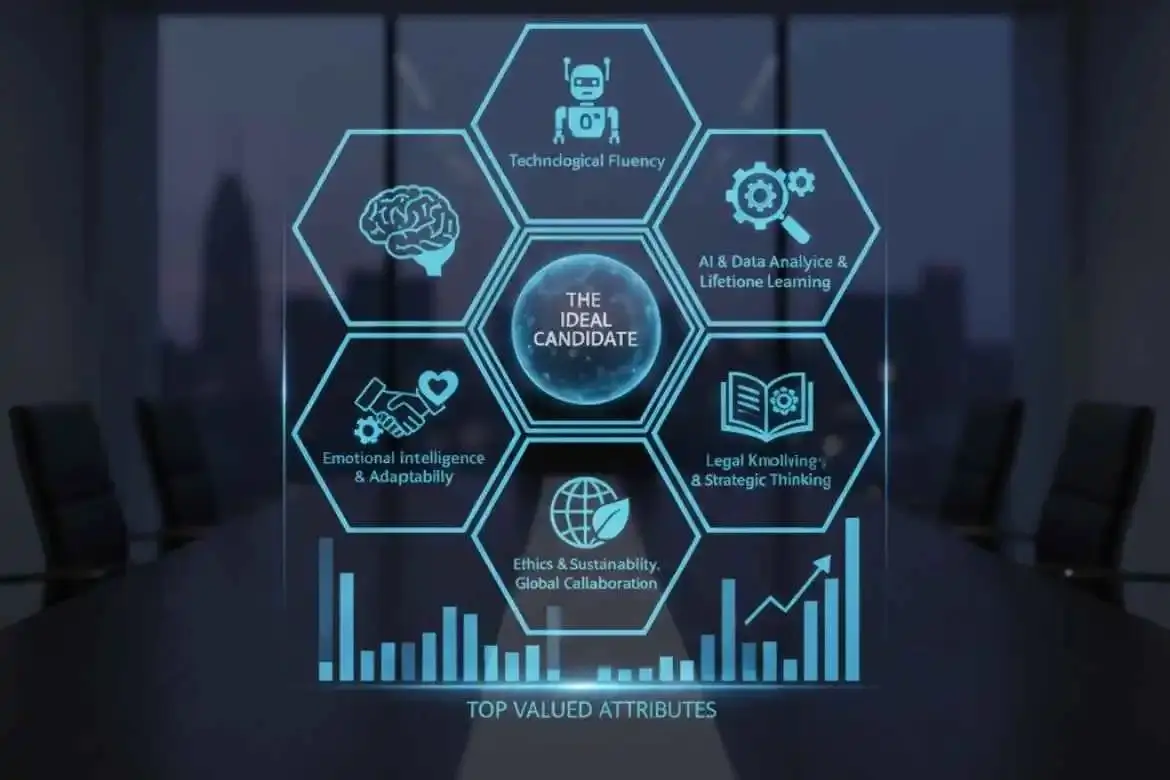If we talk about the UK’s legal sector, it is not just evolving; in fact, it is being remade. According to a recent report, Thomson Reuters’ State of the UK Legal Market 2025, 65% of corporate legal departments in the UK now rely on Alternative Legal Service Providers (ALSPs) to manage tech-driven, repeatable legal work. What does this indicate? This move signals a shift! Law firms can no longer depend solely on traditional talent models.
However, AI is no longer an experiment. A recent Clio study found that 96% of UK law firms have integrated AI into their operations, with many already automating document workflows, contract review, and legal research. Moreover, the change is coming from clients too. The report also notes that 54% of in-house legal teams expect to bring more legal work internally over the next few years. This is largely driven by cost pressure and the promise of greater control.
In a nutshell, legal firms today not only demand value now, but they also look for speed and tech-readiness as well. But the question now is, what criteria are law firms using when recruiting talent in this new era? And more critically, how do we bridge the gaps that still exist in the talent supply? Keep reading this blog to know your answers.
What Criteria Law Firms Value Most in Candidates
As per the latest reports, law firms are not hiring on the basis of IQ now. The criteria of law firms have changed; they hire people who are adaptable and tech fluent. The legal market has evolved, and so has the definition of an ideal candidate. Here are some important criteria they look for:
1. Tech-Fluency and AI Readiness
Technology is the new foundation of modern law. According to the Law Society (2025), around 96% of UK law firms have adopted some form of AI or legal technology in their operations. Among these, 36% use AI for document automation, while 29% leverage it for contract review and analysis.
The thing which is even more striking is that the use of Generative AI (GenAI) across UK law firms has almost doubled in a year, rising from 14% in 2023 to 26% in 2024. And as per Thomson Reuters’ Future of Professionals 2025 report, 87% of UK legal professionals believe AI will have a high or transformational impact on the legal profession within the next five years. So people who are not adopting this new change and utilising AI to be more efficient will be in decline.
2. Efficiency and Value Mindsets
Today’s clients expect more than accurate legal advice. The Thomson Reuters report highlights a major trend, which is that law firms are under growing pressure to deliver more for less, with value-based pricing and flexible fee models becoming the norm. Moreover, over half of corporate legal departments now plan to bring more legal work in-house over the next five years. In response to this, legal firms are increasingly prioritising lawyers who think like business partners. They prioritise professionals who can combine strong legal reasoning with a commercial mindset.
3. Process and Operations Awareness
Lastly, firms are now looking for lawyers who understand the operations and process side of the business. They are keen to hire people who know how to manage workflows, optimise resources, and leverage technology for better results. Such candidates who can map, automate, or even redesign how legal work gets done are becoming indispensable. This operational awareness directly supports firm-wide goals like client satisfaction and more.
The Hiring Disconnect & How Fortray Solves It
The legal sector in the UK makes one thing very clear: tech fluency is no longer optional. It should be a must-have. As law firms increasingly demand candidates with strong tech fluency, AI readiness, efficiency, and operational awareness, many capable legal professionals still arrive under-prepared in these areas.
The major gap lies in traditional hiring criteria that include grades, university pedigree, and internships. Firms now need people who can streamline workflows, use legaltech tools, and deliver value beyond just legal doctrine. This misalignment means many candidates are technically competent but slow to adapt, and overlooks those with high potential but non-traditional backgrounds.
How can Fortray as a legal recruitment agency bridges this gap? Fortray bridges that gap by rigorously vetting for both legal know-how and practical technology skills. Through hands-on assessments, scenario-based evaluations, and a curated talent pool already familiar with tools like AI-assisted document review, automation platforms, and legal operations, Fortray ensures that when law firms hire, the candidate is not only ready but able to hit the ground running.
If you want to see how this works in practice, check out Fortray’s Legal Recruitment Services.


